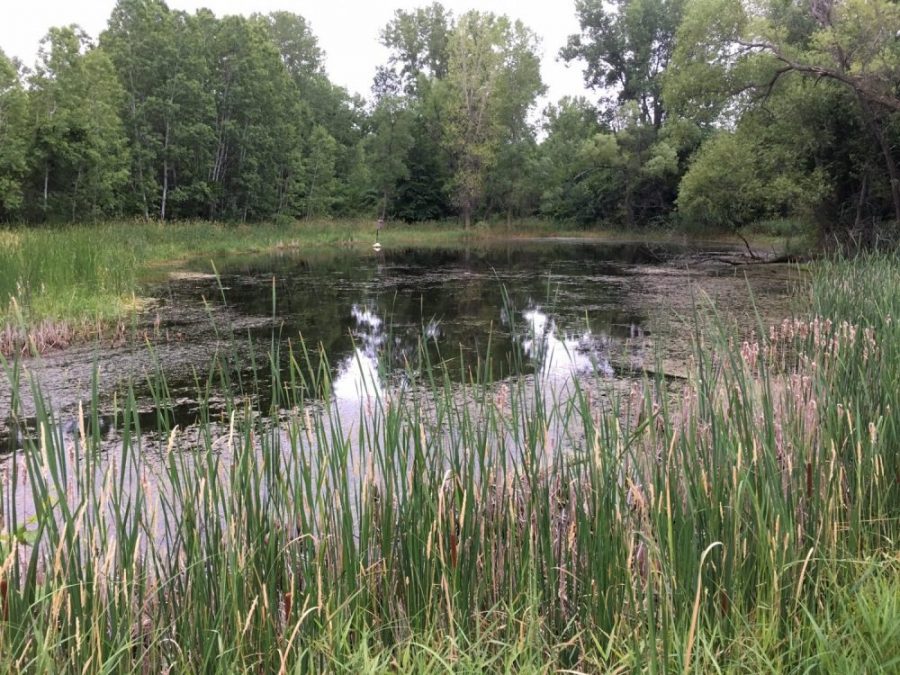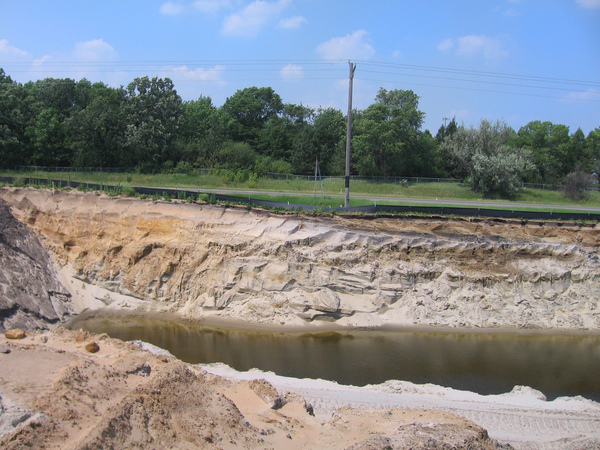
Runoff from rain or snow events picks up pesticides, fertilizers, automotive fluids, sediment, pet waste, trash and more that is carried into storm drains. These storm drains discharge directly from streets to surface waters like lakes, rivers, wetlands, and streams. The Municipal Separate Storm Sewer System (MS4) permit program was designed to reduce this type of surface water pollution. What is the MS4 permit? The MS4 is a publicly-owned and operated network of conveyances (storm sewers, catch basins, ditches, drains, etc.) that collect rain and snow melt that eventually discharges to surface waters. The Minnesota Pollution Control Agency (MPCA) requires...
Read More



